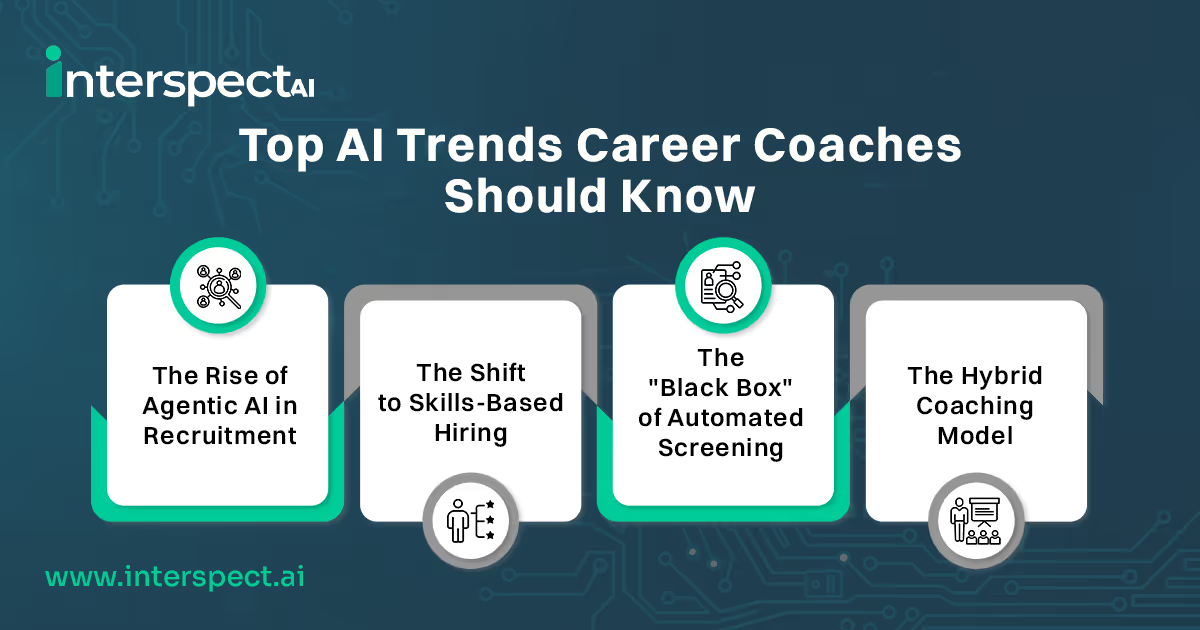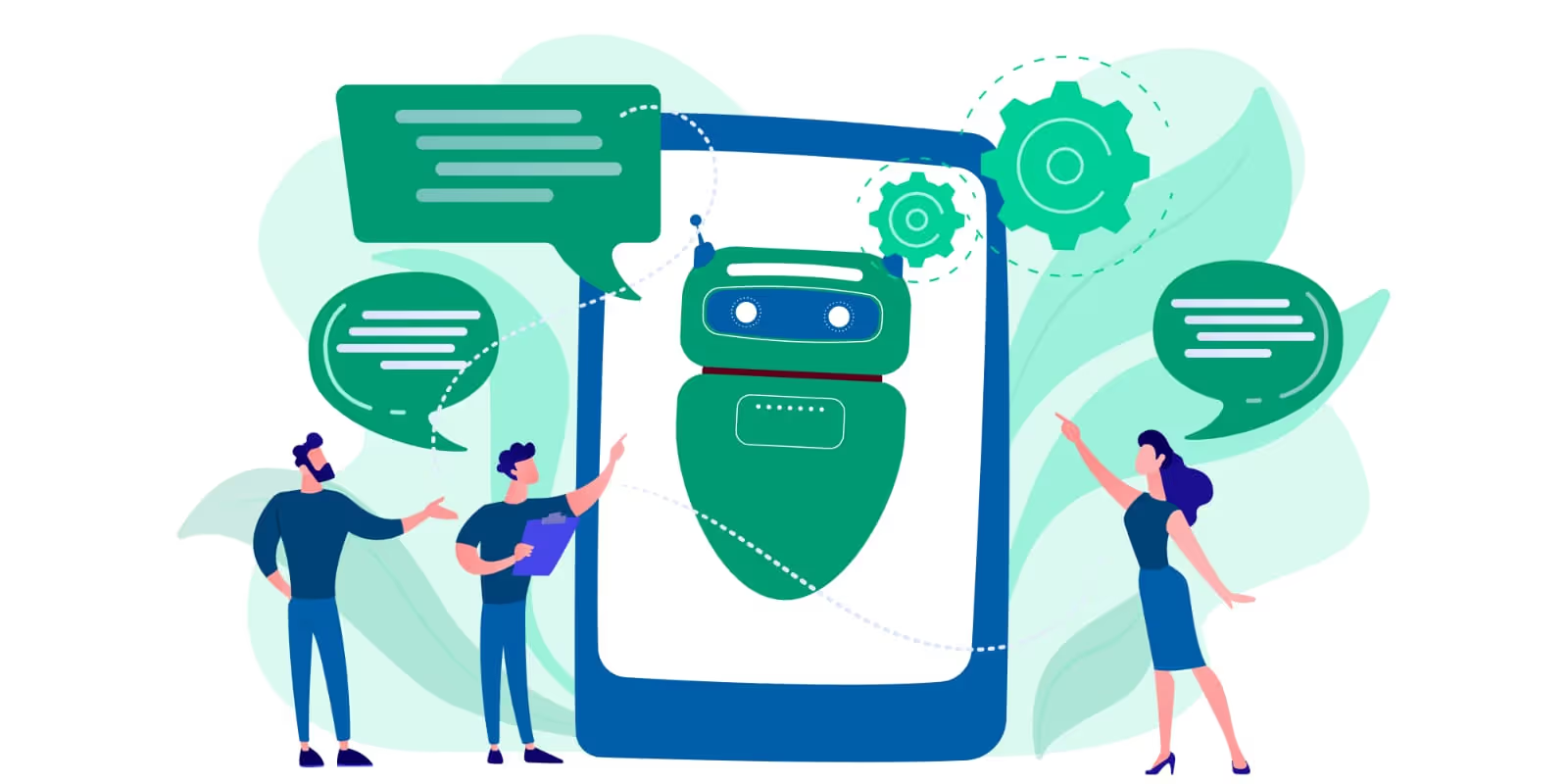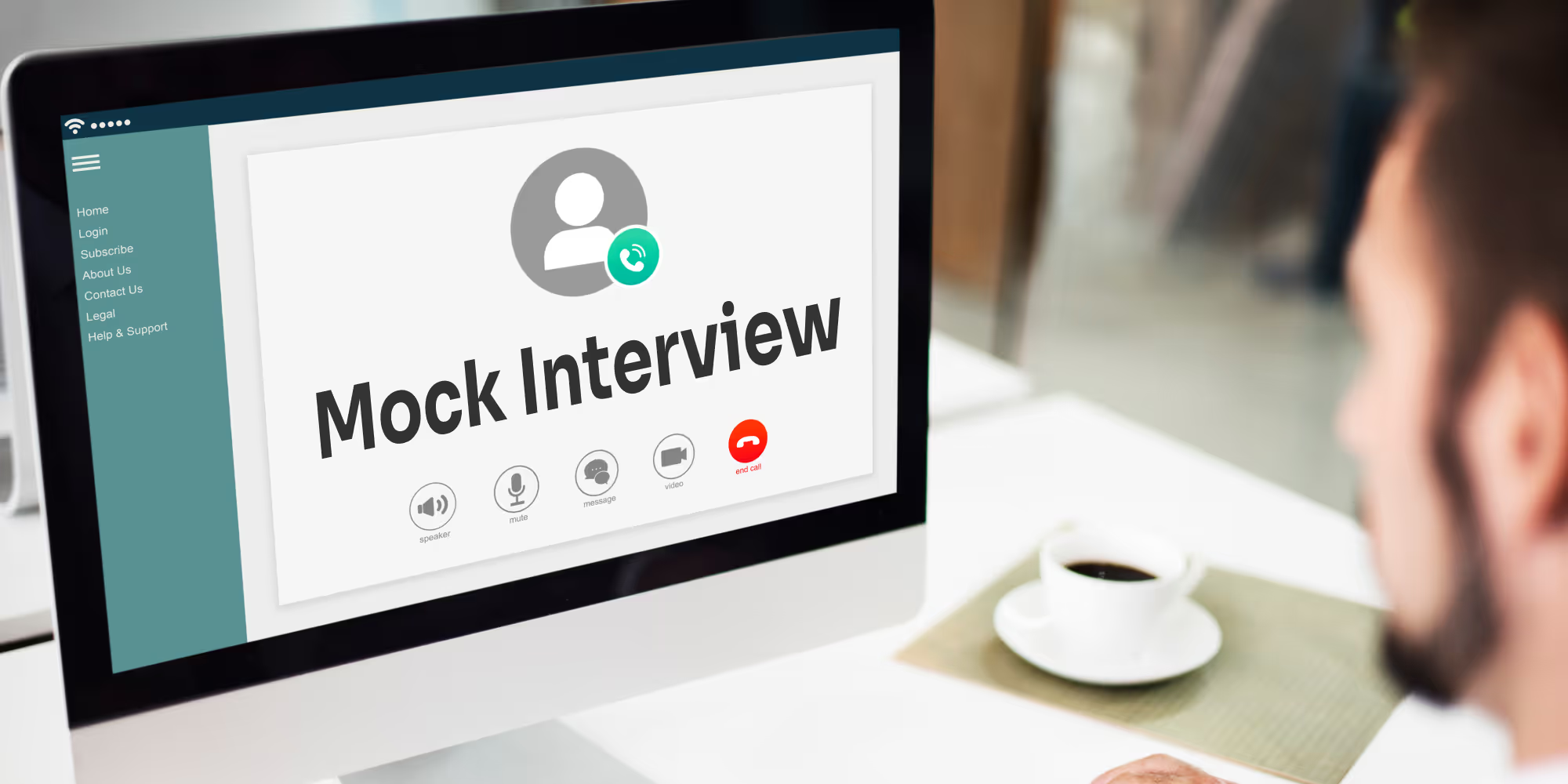
No matter how smart, experienced, or charming you are, interviews can be tough. Those minutes can sometimes feel like a game you haven't quite figured out the rules for.
But what if you had a personal coach who understood every curveball an interviewer could throw? One who could prep you with tailored feedback, track your progress, and let you rehearse anytime, anywhere?
That's precisely what AI-powered interview platforms like SpectraSeek are now making possible.
Let's break down how to crack your next interview using AI agents without sounding robotic, rehearsed, or even unprepared for that matter, and why it's one of the smartest things you can do for your career.
Why AI-powered interview prep is taking off
The old ways of preparing, such as Googling "Top 20 interview questions," practicing in the mirror, or conducting a rushed mock interview with a friend, no longer suffice.
Today's interviews are more nuanced. Behavorial questions. Case rounds.
Asynchronous video submissions. Curveball questions. And, more than anything, hiring managers are looking for clarity, confidence, and authenticity.
Agentic AI platforms provide a smart and realistic way to prepare for interviews. They give you:
- Real-time feedback on tone, clarity, and content
- Mock interviews with dynamic, adaptive questions
- Objective scoring against industry benchmarks
- A private space to fumble, recover, and grow
According to a 2024 study by LinkedIn, 76% of job seekers report feeling more confident after completing AI-based interview practice, and 63% stated that it helped them perform better in actual interviews.
What makes an AI interview platform so effective?
Let's zoom in on what AI platforms do, why they work, and how they help job seekers avoid common mistakes.
They mimic real interview scenarios
Platforms like SpectraSeek simulate realistic conversations with dynamic AI interviewers. These agents are trained to ask follow-up questions, challenge your responses, and adjust based on your tone and body language (if you're on video).
It's not a stiff Q&A. It's a conversation, just like the real thing.
They give you instant feedback
After each practice session, you get a breakdown of how you did:
- Was your answer too long?
- Did you speak clearly?
- Did you actually answer the question?
- Did you use filler words ("uhh", "like", "you know")?
- Were your points structured well?
SpectraSeek, for example, uses natural language understanding and conversational AI to analyze your response quality and suggest specific improvements, almost like a mentor who's always available.
They let you practice at your own pace
Everyone preps differently. Some people need 10 dry runs. Others just need to warm up. AI platforms give you that flexibility, on your own time, without any judgment.
You can focus on your weak spots (such as STAR-based storytelling or explaining career gaps), record until you're satisfied, and build genuine confidence before the stakes get high.
How to use AI platforms the right way
An AI agent is powerful, but only if you use it wisely. Here's how to make the most of it.
Be honest with your responses.
Don't try to game the system. The point isn't to impress the AI - it's to refine your real answers. Use your actual experiences and reflect honestly.
Review the feedback thoughtfully.
If the platform flags that you're rambling, don't just ignore it. Rewatch your responses. Were you clear? Did you make your point in the first 30 seconds?
Practice like it's the real thing.
Dress up. Sit straight. Speak clearly. Your brain learns more effectively when the environment mimics the real thing.
Use it as a warm-up before actual interviews.
Even if you've done a ton of preparation, running one session on a platform like SpectraSeek before the real interview can help rest your nerves, boost your delivery, and put you in the right headspace.
Not just for first-timers
AI interview prep isn't just for fresh grads. It's a boon for -
- Mid-career professionals switching industries
- Senior leaders looking to polish their executive presence
- Job seekers returning after a break
- Anyone interviewing in a second language
According to Glassdoor, the average corporate job opening attracts 250 resumes, but only 4 to 6 candidates get called for an interview.
When you get your shot, AI prep helps you make it count.
Get interview-ready with SpectraSeek!
Subscribe to The InterspectAI Blog


%201.svg)








